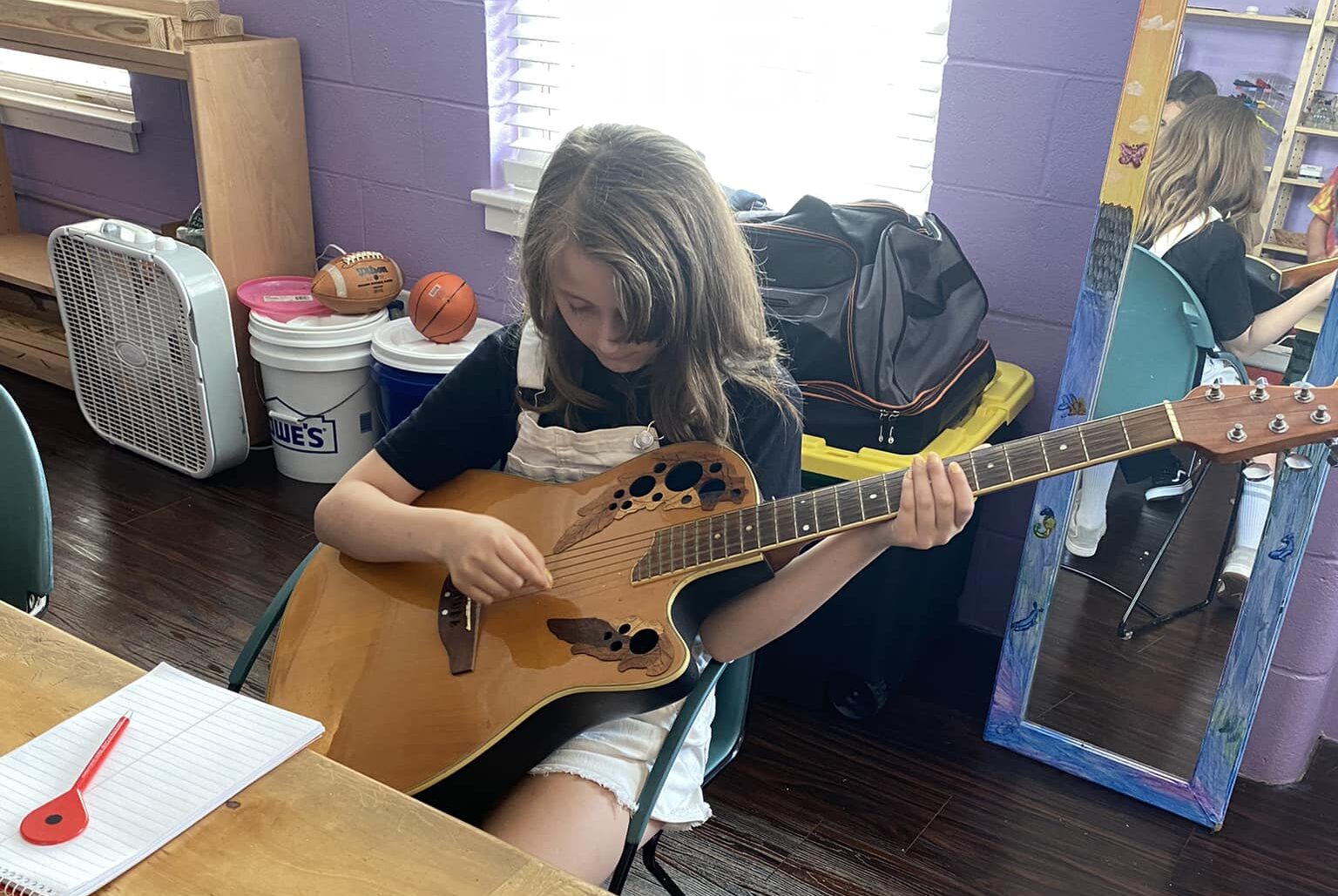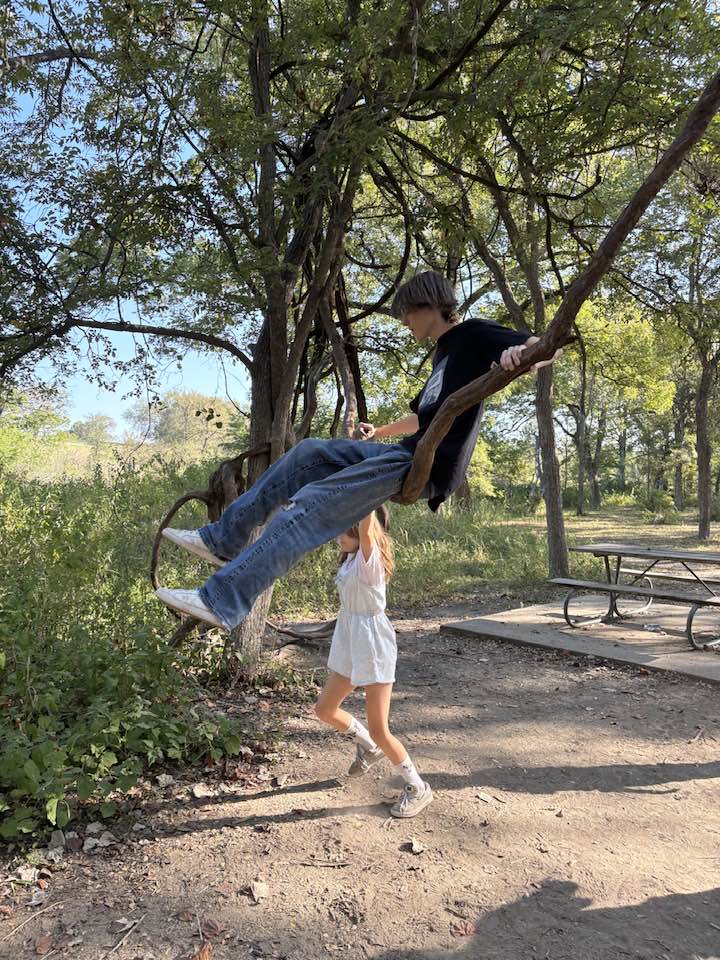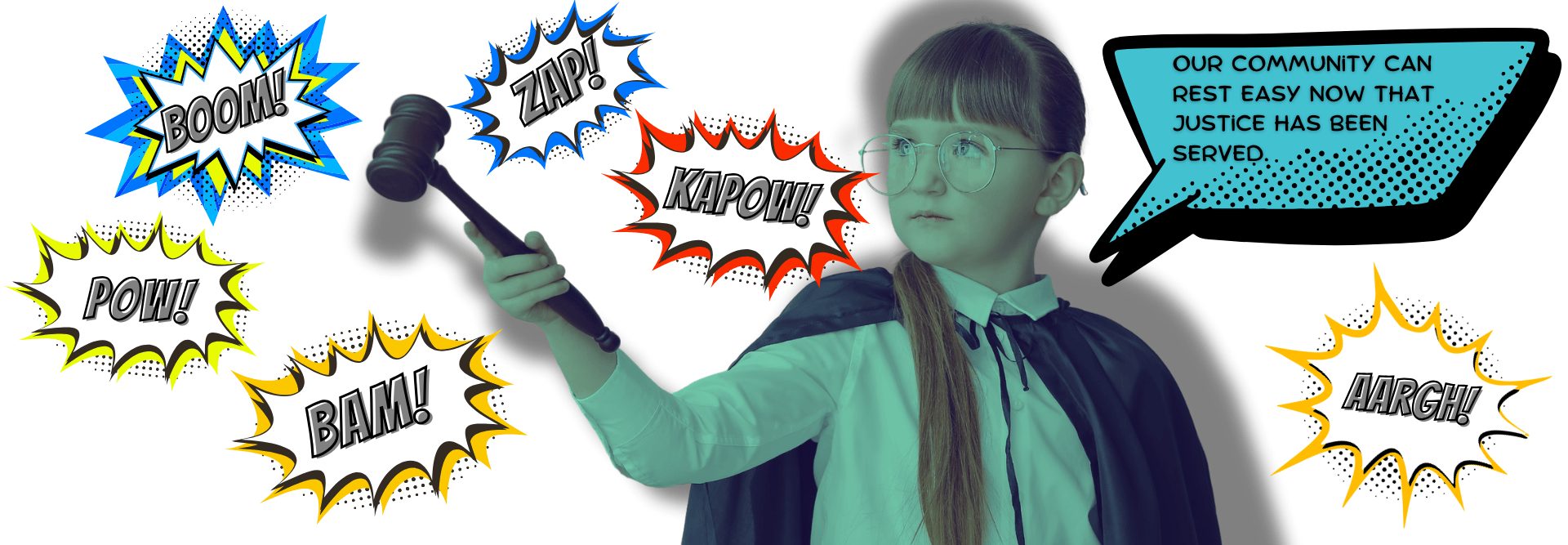This is part two of an ongoing conversation on the practice of Judicial Committees found in Sudbury school settings.
Part One is a personal story by Annette Walters about her family’s experience with the Sudbury JC practice. Find Part One here.
Challenging a system can be a difficult and heartbreaking process, as many of us in the SDE community are aware. We choose every day to go against a mainstream idea and create an environment that focuses on respecting children as autonomous human beings. The world constantly questions and even attacks our decisions, but we choose to continue in an effort to center children and be in authentic relationship with them. It’s understandable that we would feel defensive when something we do is challenged, even within our own community.
I wrote an article challenging JC (Judicial Committee) in Sudbury schools and brought up my feelings with other parents and staff. My intention is to shine a light on a potentially harmful practice within a community I’m passionate about belonging to. Since writing the article, I’ve reread several materials, including “Free at Last” by Daniel Greenberg, “Free to Learn” by Peter Gray, and “Unconditional Parenting” by Alfie Kohn. I scoured through articles and talks. I listened to my kids as they relayed their experiences. I continue to come back to the same feeling, that there’s nothing “empowering” about threats and punishments no matter who is doing it or how it’s being labeled.
I had a chance to discuss the topic with several parents and many of the responses were reminiscent of the types of responses I’d get when challenging the conventional school system or the societal expectations of parenting: “that’s just the way things are,” or that they’d experience the same in the “real world.” But one parent let me know about a Sudbury school that had done away with JC and I was excited to learn more. This led me to read the statement Zena Democratic School posted on their website. It brought me to tears, voicing so much of what I was feeling about why JC bothers me. Right at the beginning, Venessa Vanburek reflects their community’s feelings about JC in that “the primary emotional outcome of the system has been resentment.” The entire statement can be found here: School Meeting Has Canceled the Judicial Committee.
I emailed the school and later spoke with Mathew Gioia. Gioia discussed how JC was not nurturing the school’s culture, and by eliminating it, they were able to create an environment that was more supportive and more focused on relationships. They didn’t just change their language, they changed how they approached conflict and came to resolutions. Students can file a “request for support” and rather than going before a committee, many challenges are handled through mediation and communication by trained staff and students alike. I don’t feel qualified to describe precisely how things are done at their school, but speaking with Mathew gave me insight on how a school could still operate with the heart of Sudbury without JC. This is important, because like most people in the Sudbury school community, I read “Free at Last” as a love story for what the school is and does for the children, staff, and parents who experience it. This is a school I will fight for, defend, and pour everything I can into as a parent of students who attend.

In chapter 33 of “Free at Last,” Greenberg says, “At Sudbury Valley, parents have been an integral part of the picture from the beginning... no matter how you cut it, parents belong side by side with us as our allies and helpmates.” I am not an outsider to Sudbury–I belong here. I am in community with the school and the SDE movement.
I also want to draw attention to the fact that all of the authors of the books I mentioned are writing from a very privileged, white, male perspective. In fact, I’ve struggled to find any resource on the topic of Sudbury Schools that didn’t come from this perspective, so what does that say about JC? I noticed there’s a lot of references to Indigenous communities and how they raise children. So the schools admittedly take from the cultures of Indigenous communities, but then applied a system of colonization to them. A system of control. If today, we as a community are unwilling to examine the implications there, then I believe the school model is not as progressive as intended.
Going forward, I hope to be part of encouraging more discussion on alternatives to JC and I hope my kids will get to see some changes. They struggle often with this dreaded process, but they love their school and want to go every time I ask. If I have a weekday off and try to sleep in, they are sure to wake me up and insist I bring them to school early, so they don’t miss anything. They are clear that this school is an extension of their home, and they want to be there.

Akilah Richards, founder of Raising Free People Network and author of “Raising Free People: Unschooling as Liberation and Healing Work,” said, “We can’t keep using tools of oppression and expect to raise free people.” The entire talk can be found here: Raising Free People, TEDxAsburyPark.
If we aren’t willing to examine how a system like JC came to exist, and what is at the root of this approach to challenges and conflict; if we aren’t willing to examine how our own conditioning and biases play a part in upholding this system, then we are still participating in controlling children by providing them with a model to control each other.
The next installment of this ongoing conversation will be an ASDE Sudbury Virtual Round Table in January 2025. Head to the bottom of this page to subscribe to our newsletter where more details and registration will be released on that soon. We would love to hear what questions you might have about Sudbury for this discussion. Submit them to this anonymous form.
Stay Informed About The Movement
If you enjoyed this article and feel called to give back to ASDE, here are ways you can support our work:
- Donate money
- Share our content with others! Click one of the buttons above to easily share on Twitter, Facebook, or email.
- Consider becoming a Contributor for Tipping Points
Tipping Points Magazine amplifies the diverse voices within the Self-Directed Education movement. The views expressed in our content belong solely to the author(s). The Alliance for Self-Directed Education disclaims responsibility for any interpretation or application of the information provided. Engage in dialogue by reaching out to the author(s) directly.






